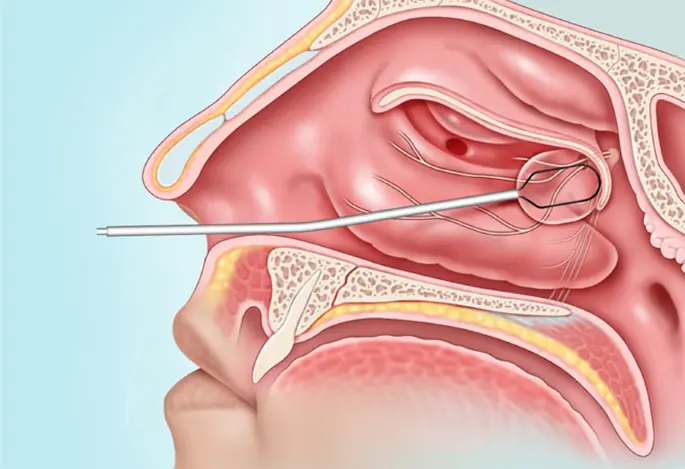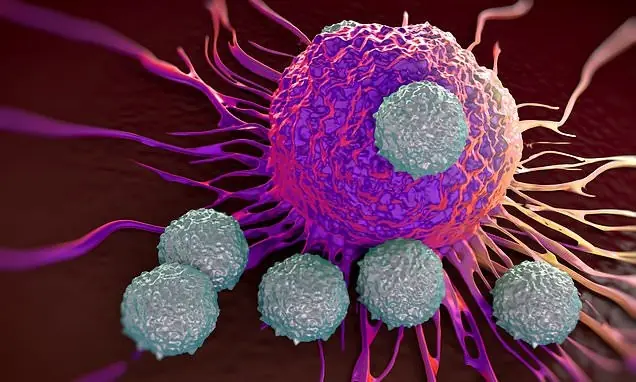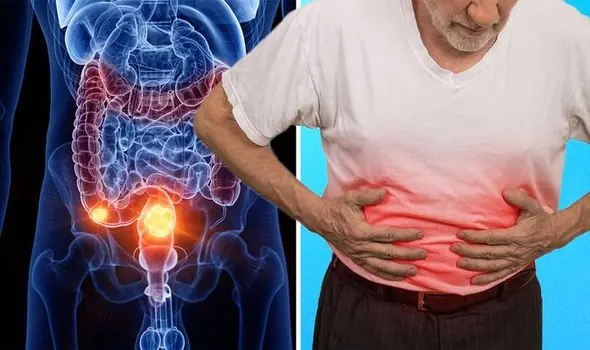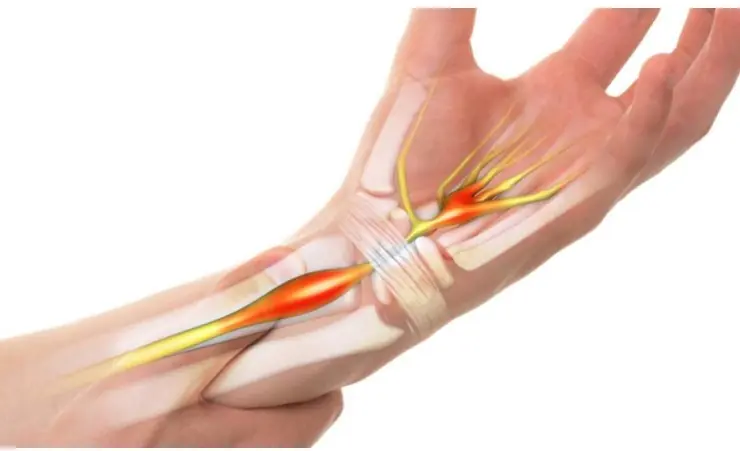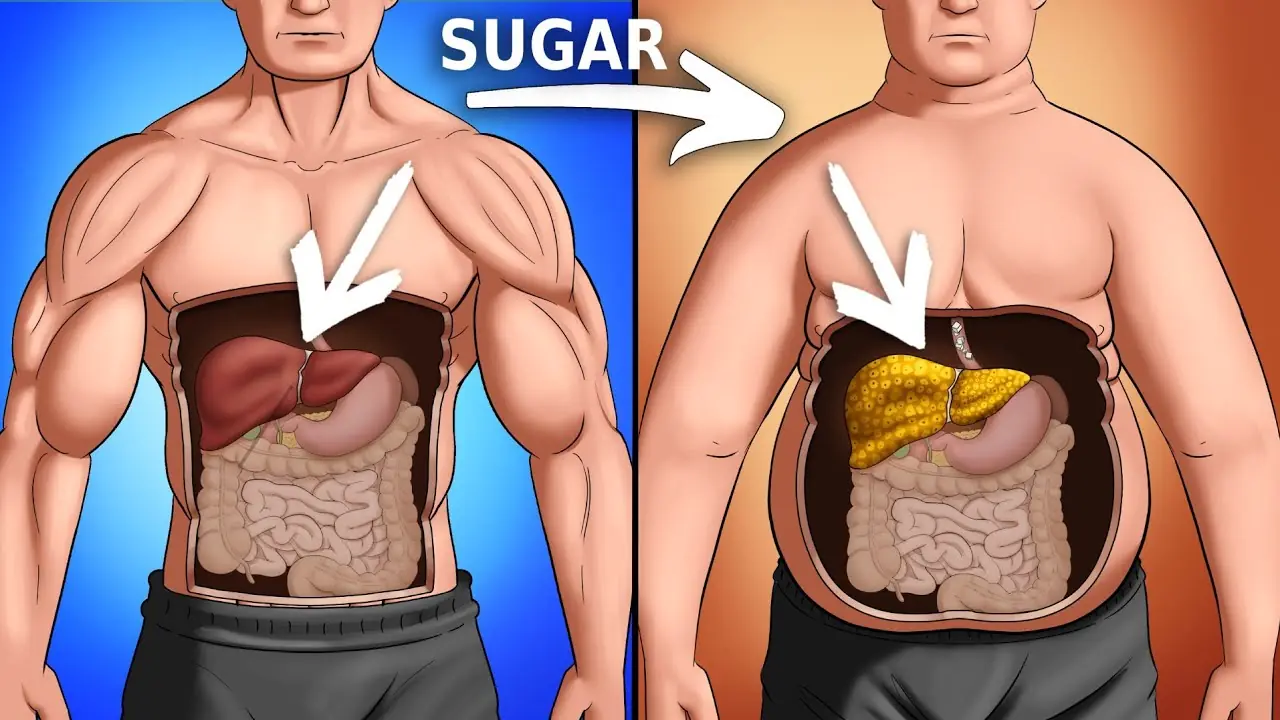Strong, cramp-free legs are essential for daily activities, sports performance, and overall well-being. Leg strength supports mobility and balance, while cramp-free muscles ensure comfort and uninterrupted activity. While exercise and hydration play key roles, nutrition — particularly vitamin intake — is just as important. Several vitamins contribute to maintaining muscular strength and preventing painful cramps. Understanding these essential nutrients can help individuals take control of their leg health and prevent discomfort.
Vitamin D is one of the most crucial vitamins for muscle strength. It plays a vital role in calcium absorption and muscle function. A deficiency in vitamin D can result in muscle weakness, fatigue, and even chronic pain in the legs. Since sunlight is the primary source of vitamin D, people who spend little time outdoors or live in areas with limited sunlight are at a higher risk of deficiency. Supplementing with vitamin D or consuming foods like fatty fish, egg yolks, and fortified dairy products can help maintain strong and responsive leg muscles.
Vitamin B complex, especially vitamin B1 (thiamine), B6 (pyridoxine), and B12 (cobalamin), also plays a significant role in muscle health. These vitamins support nerve function and help regulate the communication between the brain and muscles. Deficiencies in B vitamins can lead to nerve damage, resulting in tingling, numbness, or cramping sensations in the legs. Older adults and people with digestive issues are particularly vulnerable to B-vitamin deficiencies. Eating whole grains, lean meats, nuts, and leafy greens can help ensure adequate B-vitamin intake.

Vitamin E is known for its antioxidant properties, but it also contributes to good blood circulation, which is essential for preventing leg cramps. Poor circulation can lead to muscle fatigue and painful spasms. By protecting cells from oxidative stress and improving blood flow, vitamin E helps maintain healthy leg function. It can be found in foods such as almonds, sunflower seeds, spinach, and avocado.
Another critical vitamin is vitamin C, which aids in the production of collagen — a protein necessary for strong tendons, ligaments, and blood vessels. Healthy connective tissues support the structural integrity of the legs. Vitamin C also boosts the immune system and helps reduce inflammation, which can cause or worsen muscle cramps. Citrus fruits, bell peppers, strawberries, and broccoli are rich in this vital nutrient.
While vitamins are essential, minerals like magnesium, potassium, and calcium work in tandem with vitamins to support muscle function. Magnesium, in particular, is often used to prevent or relieve leg cramps, especially nighttime cramps. Potassium helps regulate muscle contractions, and calcium plays a direct role in muscle movement. Many multivitamin supplements combine these minerals with key vitamins to enhance muscle health.
In conclusion, strong and cramp-free legs require more than just exercise. A well-balanced diet rich in vitamins — particularly vitamin D, the B complex, E, and C — plays a significant role in maintaining muscular health and preventing painful leg cramps. When these nutrients are lacking, muscle function can be compromised, leading to discomfort, fatigue, and reduced mobility. Therefore, focusing on vitamin-rich foods or appropriate supplementation is essential for anyone looking to improve or maintain leg strength and comfort. By combining good nutrition with regular physical activity and proper hydration, individuals can take effective steps toward long-term leg health.




